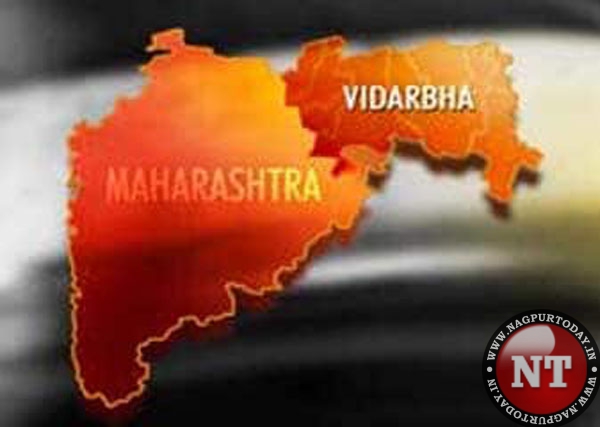
Nagpur: Is there a genuine need for the creation of a Vidarbha state, or is the issue merely a resurgence of political posturing in the lead-up to the upcoming Lok Sabha elections? This question has come to the forefront once again as the Vidarbha Rajya Andolan Samiti (VRAS) engages in what critics label as a repetitive and theatrical agitation.
As the VRAS initiates a series of protests, including putting up “Welcome to Vidarbha” boards and organizing roadblock demonstrations, skeptics argue that these actions lack substance and fail to address the fundamental concerns regarding the demand for a separate Vidarbha state. A notable example is the 2014 initiative where Vidarbha state proponents collected signatures from Members of Parliament in the region, seemingly with little tangible impact or follow-through.
Critics contend that these periodic displays of agitation appear more like choreographed dramas, with insufficient commitment or determination from Vidarbha’s MPs towards realizing the aspiration of a separate state. The absence of concrete legislative initiatives further raises doubts about the authenticity of the demand, suggesting that it may be more about political maneuvering than genuine concern for the region’s welfare.
The economic and administrative feasibility of establishing a separate Vidarbha state is another contentious point. Detractors argue that the creation of a new state poses complex challenges, from setting up a functional administrative apparatus to addressing potential economic disruptions. Concerns linger about whether the proponents of a separate Vidarbha state have presented a comprehensive and viable plan to tackle these issues.
Amidst this debate, there is a growing sentiment among the public that the energy expended on advocating for a separate state could be more effectively directed towards addressing existing developmental challenges in Vidarbha. Immediate issues such as agricultural distress, unemployment, and inadequate infrastructure are viewed as pressing concerns that warrant focused attention and concerted efforts.
As the VRAS intensifies its agitation, raising slogans like “Abhi Nahi, toh Kabhi Nahi” (It’s now or never), the broader question persists: Does the demand for a separate Vidarbha state genuinely align with the region’s needs and priorities, or is it a recurring political spectacle that may divert attention from more immediate and critical challenges facing Vidarbha?

























